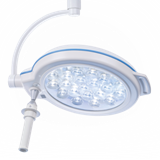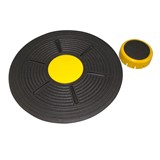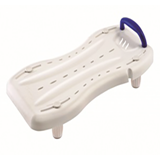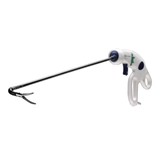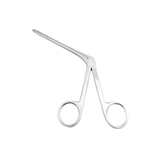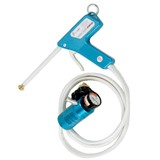'The guidelines will help keep patients safe, without imposing an unreasonable regulatory burden on practitioners,' said Board Chair, Dr Joanna Flynn AM.
They apply to all medical practitioners, including specialist plastic surgeons, cosmetic surgeons and cosmetic physicians regardless of their qualifications.
The Board consulted widely with the profession, the industry and the community about the best way to protect consumers seeking cosmetic medical and surgical procedures from medical practitioners.
In March 2015, the Board circulated draft guidelines and asked for feedback on other ways to protect patients in this area - including doing nothing, providing consumer education, and providing different levels of guidance.
'There was very clear support from stakeholders for clear guidance in this area and a strong message that other options would not effectively protect consumers,' Dr Flynn said.
The new guidelines, which will take effect on 1 October 2016 to give medical practitioners time to comply with them, require:
- a seven-day cooling off period for all adults before major procedures
- a three-month cooling off period before major procedures for all under 18s and a mandatory evaluation by a registered psychologist, general practitioner or psychiatrist
- a seven day cooling off period before minor procedures for all under 18s, and when clinically indicated, evaluation by a registered psychologist, general practitioner or psychiatrist
- the treating medical practitioner to take explicit responsibility for post-operative patient care and for making sure there are emergency facilities when they are using sedation, anaesthesia or analgesia
- a mandatory consultation before a medical practitioner prescribes schedule 4 (prescription only) cosmetic injectables, either in person or by video consultation, and
- medical practitioners to provide patients with detailed written information about costs.
The guidelines provide explicit guidance on patient assessment and informed consent, and require doctors to provide clear information to consumers about risks and possible complications.
The Board also identified a range of safety concerns that it has no power to deal with.
'When we have the power to act, we have acted. When we identified a problem that we can't address, we have made recommendations to other authorities,' Dr Flynn said.
These recommendations include:
- dealing with inconsistencies in drugs and poisons legislation across jurisdictions, which can cause confusion for practitioners and consumers
- reviewing, strengthening and aligning licensing and regulation of private health facilities, including the use of sedation and anaesthesia
The Board supports changes in these areas but cannot define requirements set out in state or territory legislation.
The guidelines vary from the previous draft by:
- making it clearer which procedures the guidelines apply to
- making it possible to refer a patient to a general practitioner, a psychologist or a psychiatrist for psychological evaluation - previously GPs were not included
- setting a different cooling off period for major and minor procedures for patients under 18, with different requirements for psychological evaluation:
- mandatory evaluation and three month cooling off period for major procedures for under 18s, and
- evaluation if indicated and seven day cooling off period for minor procedures for under 18s
- allowing in person or video consultations for doctors prescribing schedule 4 cosmetic injectables
'The Board listened to stakeholder feedback, and responded with a new set of guidelines that will best keep patients safe,' Dr Flynn said.
'The changes prioritise patient safety and reduce some of the regulatory requirements proposed in the previous draft guidelines, when either there was no evidence of improved safety or the costs significantly outweighed the benefits of a proposal,' she said.


